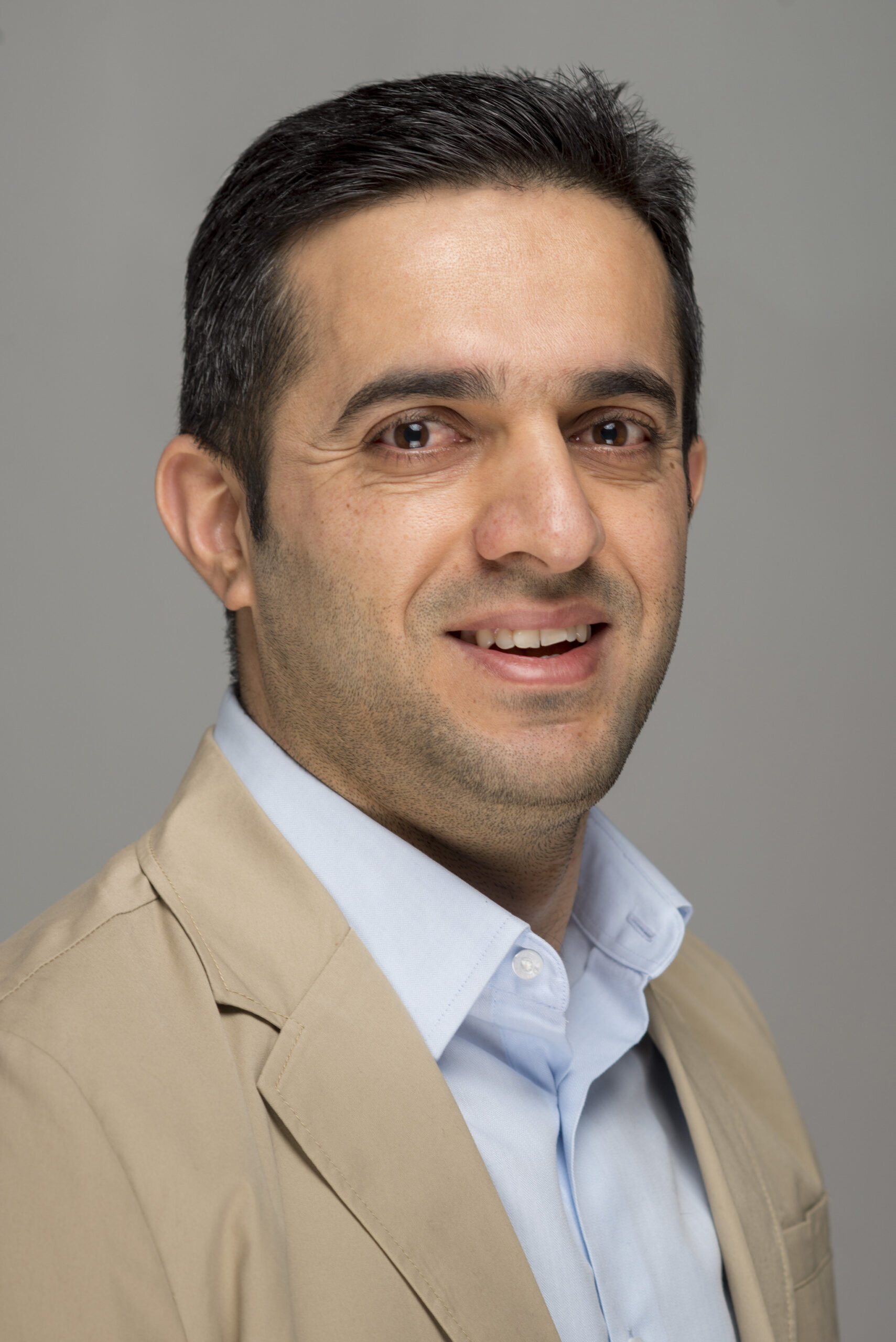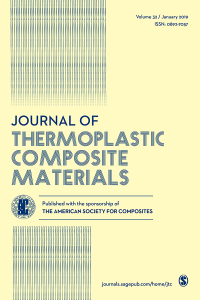
Second Article by Alrubaie, Lopez-Andio, Gardner, Tajvidi, Han Published in Journal of Thermoplastic Composite Materials

A second article by Ph.D student Murtada Alrubaie, titled Experimental investigation of the hygrothermal creep strain of wood–plastic composite lumber made from thermally modified wood, has been published on the website of the Journal of Thermoplastic Composite Materials. The article was co-authored by Dr. Roberto Lopez-Anido, Dr. David Gardner, Dr. Mehdi Tajvidi, and Dr. Yousoo Han.
The following is the abstract of Alrubaie’s article:
The hygrothermal effect on the short-term creep behavior of extruded thermally modified wood fiber–high-strength styrenic copolymer plastic composites (wood–plastic composites (WPCs)) was investigated on specimens preconditioned for 1 month under water immersion (distilled water (DW) and saltwater (SW)). These specimens were then tested in the same conditions for short-term creep and creep-recovery response using a submersible clamp. The short-term creep tests of WPC specimens (that are immersed in water as a function of different temperatures) have not yet been reported in previous studies. The objective of this study was to determine whether the hygrothermal creep response of WPC material evaluated through water immersion differs from the creep response published in the literature for other environmental exposure conditions. The experiments included measuring 30 min of creep and 30 min of creep recovery on the specimens immersed in SW and DW at two different levels of flexural stresses (9% and 14% of the flexural strength) and three temperature values (25, 35, and 45°C). The average creep strain recovery (%) of the specimens was higher for the specimens immersed in SW during testing than the control specimens. The WPC material is considered to have a potential use in structural applications in environments where the temperature is below 45°C because of the following factors: the low deformation under the short-term sustained loading, the decrease in the deformation rate with respect to the increase in load duration, maintaining the modulus of elasticity over a range of temperatures from 25°C to 45°C under sustained load, and the ability to recover more than 69% of the average creep strain under water immersion when the loading source is removed. The creep strain fractional increment (CSFI) of the WPC in this study under all conditions was 13% which is 86% lower than the CSFI of the WPCs reported in previous studies.
Click here to view the full article.
Alrubaie is from Maysan, Iraq, and is Ph.D. student in the Department of Civil and Environmental Engineering at UMaine. His advisors are Dr. Gardner an Dr. Lopez-Anido. To learn more about Alrubaie, click here.
For more information about the first article by Alrubaie that was published in the Journal of Thermoplastic Composite Materials, click here.
